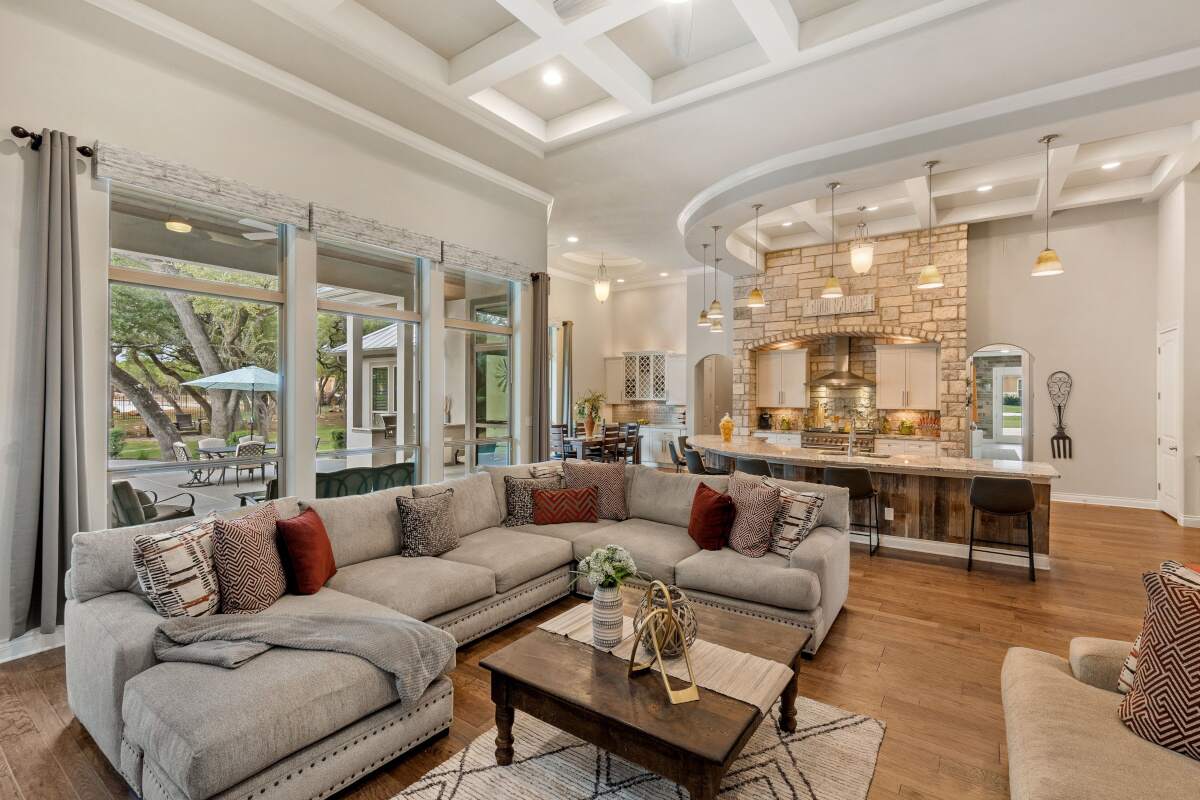Residential Real Estate
Toy Helps You To Build Your Dream
Are you considering buying real estate in Arizona? As the 14th most populous state in the United States, Arizona offers a diverse range of real estate options, from bustling cities to quiet suburbs to picturesque rural areas.
Some of the areas in Arizona include:

Buying Property in Arizona
Location
Climate
Budget
Market
Help
Selling Property in Arizona

If you are planning on purchasing a new home in the near future, it is a good idea to place your home on the market as far in advance as possible. If you wait to place your home on the market until after you have found a new one, you may end up paying two mortgages until you find a buyer for your home.
Also, consider the fact that closing and moving dates will need to be coordinated. More than likely, the buyer of your property is selling their current home as well. Make sure that all parties involved commit to a specific time period for the closing dates. Put your closing date agreement in writing and negotiate monetary penalties for failure to comply.
As you begin to think about looking for a new home to purchase, you may also want to start preparing your current residence to be placed on the market. Start cleaning out attics and basements of any unwanted or unused items. By doing this early on, it will save you time when beginning to pack for your big move.
Many homeowners decide to sell their property on their own to save themselves the cost of commissions paid out to a real estate agent. Commissions are generally around 5% or more of the selling price. You may want to consider, however, the costs you will incur to market your home yourself. You will be responsible for placing ads and creating flyers for your house.
Also, you will have to devote much time to answering phone inquiries about your home and showing the property. Consider whether or not you will feel comfortable showing your home to strangers who show up unannounced. Should you decide to sell through a licensed real estate agent, ask your friends and family for recommendations. Interview several agents before choosing the one you wish to hire. Find an agent that you trust and feel comfortable with. Below are some of the advantages of working with a licensed real estate agent.
The seller’s agent will:
- Help you to establish a fair asking price.
- Handle all advertising and marketing of your home.
- Schedule appointments and show your home without your presence.
- Market your home to other real estate offices and agents.
- Represent you in the negotiations with the prospective buyer.
- Guide you through the closing process.
Once you have decided to sell, the next big step is to determine what the fair asking price should be for your home. Try to avoid overpricing your property; this may cause your home to remain on the market for an extended period of time. Instead, you should price your home so that you get a fair return on your investment and in a reasonable time period.
If you have chosen to use a real estate agent to represent your interests, he/she can guide you in setting the price at just the right amount. The agent, or a licensed appraiser, is able to complete a Comparative Market Analysis on your home. A CMA compares your home with similar properties that have sold within a specified period of time. This will enable you to set a comparable price to others that have been on the market.
Other factors to consider when setting a price for your home:
- Economic conditions of your community
- The supply and demand ratio in your local housing market
- The location of your property (school districts and subdivisions)
- Your home’s special features (garage, pool, fireplace, in-law or guest quarters)
- The age and condition of your home
- Seasonal influences (the housing market may be stronger during certain times of the year).
There are many minor things you can do to your home to enhance its marketability. Remember, you want your home to make a great first impression to a potential buyer. Spend some time prior to placing your home on the market cleaning out storage spaces, closets, and cabinets. Remove any excess clutter from your home as well. You want the prospective buyer to remember the architectural features of the house and not the furnishings you have in it. The potential buyer needs to be able to envision their furnishings in your home. Below is a list of things you can do to increase the value of your home.
Consider Curb Appeal:
It is estimated that more than 50% of homes are sold before the buyers even get out of their cars. Stand across the street from your house and review the curb appeal.
- Keep the lawn mowed and raked, shrubs trimmed, and the sidewalk swept.
- Plant shrubs or install fencing to block unpleasant views.
- Clean the exterior of your home. Clean oil stains from the driveway and garage.
- Repair and/or paint exterior siding, trim, gutters, shutters, glazing, and window frames.
- Repair or replace the street numbers on the house.
- Make sure all exterior lighting is working.
Garages, Carports, and Sheds:
- Replace burned out lights.
- Clear away cobwebs.
- Keep areas clean and uncluttered. Organize and put away tools.
- Lubricate, adjust, or repair garage door.
Interior Maintenance:
On the inside, remove as much clutter as possible. Hire professionals to do a deep cleaning. Cleanliness is a sign to buyers that the home has been well cared for.



